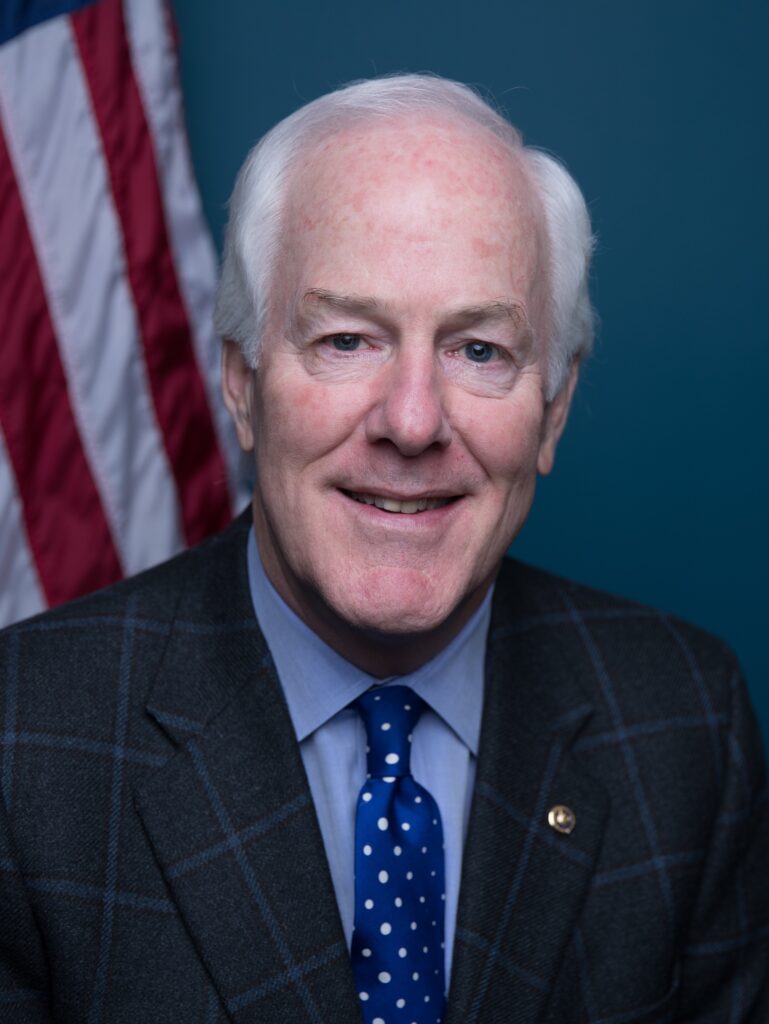
Texas Border Business
Texas Border Business
In his recent statement before the Senate Judiciary Committee, Senator John Cornyn (R-TX) articulated a clear and forceful defense of the rights of law-abiding gun owners while criticizing what he sees as Democrats’ efforts to use a public health approach to infringe upon these rights. His remarks also underscored the importance of effective criminal law enforcement and the significant role that mental health plays in addressing gun violence. Let’s analyze his key points and arguments.
1. Protection of Constitutional Rights:
Senator Cornyn starts by addressing the fundamental issue of constitutional rights. He argues that there is both a trust issue and a constitutional issue when public health approaches are used to curtail core constitutional rights, specifically the Second Amendment right to bear arms. His assertion is that such attempts can erode the trust of law-abiding citizens and potentially infringe upon their constitutionally protected freedoms.
2. Emphasis on Effective Criminal Law Enforcement:
Cornyn makes a strong case for the central role of effective criminal law enforcement in reducing firearm-related homicides and assaults. He argues that bolstering law enforcement agencies, including police, prosecutors, courts, and prisons, is a more practical and efficient approach to addressing the issue than restricting gun ownership rights.
3. Targeted Prosecution of Repeat Offenders:
Another crucial point he raises is the importance of empowering law enforcement to selectively investigate and prosecute repeat offenders. By focusing on those who continually engage in criminal activities, he suggests that it is possible to significantly reduce gun violence in communities where it is a persistent problem. This approach targets the root causes of gun violence while respecting the rights of responsible gun owners.
4. Mental Health and Community-Based Care:
Senator Cornyn acknowledges the significance of addressing mental health issues as part of the broader gun violence problem. He highlights the Bipartisan Safer Communities Act’s historic investment in community-based mental health care, recognizing that improving access to mental health services is essential for preventing gun violence and providing support to individuals in need.
5. Achievements of the Bipartisan Safer Communities Act:
Cornyn proudly mentions the accomplishments of the Bipartisan Safer Communities Act, including the imposition of new criminal penalties on firearm trafficking, which has resulted in over 100 new charges against dangerous cartel members and firearm traffickers. Additionally, the Act’s enhanced juvenile records check has prevented hundreds of potentially problematic transactions.
6. Call for Unity in Policy Making:
In conclusion, Senator Cornyn emphasizes the need to find common ground and collaborate across the aisle to address gun violence effectively. He cautions against using public health authorities as a broad excuse to infringe upon constitutional rights, suggesting that such an approach divides rather than unites the nation.
Senator John Cornyn’s remarks reflect a staunch defense of individual rights, a focus on law enforcement as a key component of addressing gun violence, and a recognition of the importance of mental health care in the broader context of public safety. Whether one agrees or disagrees with his perspective, his arguments provide valuable insights into the ongoing debate over gun control in the United States.
















